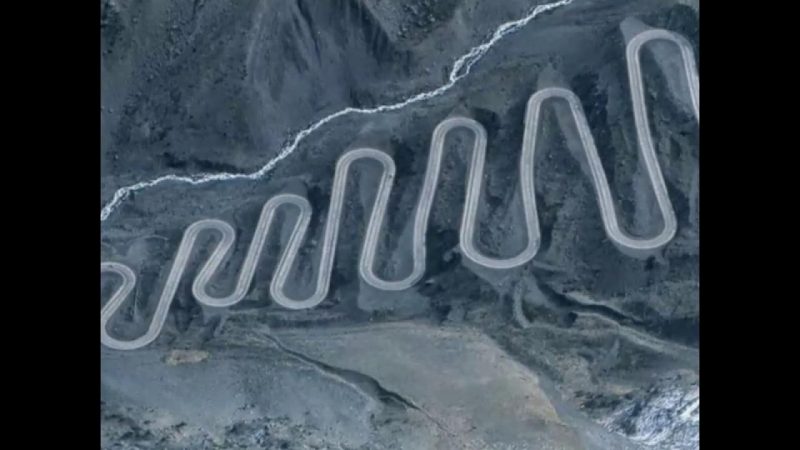According to recent astronomical study, the early cosmos was crowded with stars 10,000 times larger than our sun.
Throughout history, humans have looked to the stars with wonder and awe. From ancient civilizations to modern scientific discoveries, the cosmos has captivated our imaginations and sparked our curiosity. And now, recent astronomical research has shed new light on the early days of the universe.
According to this study, the early cosmos was filled with stars that were 10,000 times larger than our own sun. This finding challenges our previous understanding of the universe’s early days and offers new insights into how it may have evolved.
The researchers used data from the Hubble Space Telescope and the Keck Observatory in Hawaii to study distant galaxies that existed when the universe was just a few billion years old. By analyzing the light emitted from these galaxies, they were able to determine the size and brightness of the stars within them.
The findings are significant because they suggest that the early universe was much more active and turbulent than we previously thought. These massive stars, which are no longer found in our own galaxy, would have burned through their fuel at an incredible rate, releasing huge amounts of energy and influencing the surrounding galaxies.
Moreover, the study underscores the ongoing importance of space exploration and scientific research. By pushing the boundaries of what we know about the universe, we can deepen our understanding of our place in it and perhaps even discover new insights that could have practical applications here on Earth.
In conclusion, the recent astronomical study revealing the existence of stars 10,000 times larger than our sun in the early cosmos is a testament to the enduring human fascination with the cosmos and the importance of continued scientific exploration. As we continue to probe the mysteries of the universe, we may unlock even more insights that could change our understanding of the cosmos and our place within it.
Hits: 0










